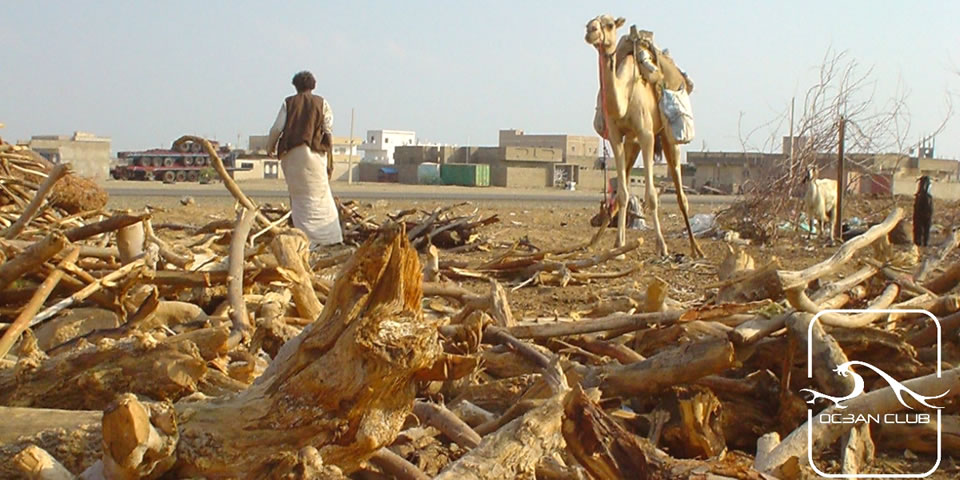The country became independent in 1956 and has had numerous changes in government since then. Successive regimes found it difficult to win general acceptance from the diverse political constituencies. An early conflict arose between those northern leaders who hoped to impose unity upon the nation through the vigorous extension of Islamic law and culture to all parts of the country and those who opposed this policy; the latter included the majority of southerners and those northerners who favoured a secular government.
From 1955 until 1972 there prevailed a costly and divisive civil war, fought largely in the south but punctuated by violent incidents in the north. The Addis Ababa Agreement of 1972 ended the conflict only temporarily, and in 1983 the civil war resumed. By this time the comparative lack of economic development in the south had become a new source of regional grievance, and northern leaders’ continuing attempts to Islamize the Sudanese legal system proved an even more potent source of discord. Attempts to end the civil war included numerous discussions, cease-fires, and agreements but yielded very little success until 2005, when the Comprehensive Peace Agreement ended the warfare. It also granted southern Sudan semiautonomous status and stipulated that a referendum on independence for the south would be held in six years. The results of the vote, held in January 2011, were overwhelmingly in favour of independence, and South Sudan was declared an independent country on July 9, 2011.
Sudan’s capital, Khartoum, is located roughly in the centre of the country, at the junction of the Blue Nile and White Nile rivers. It is part of the largest urban area in Sudan and is a centre of commerce as well as of government.

